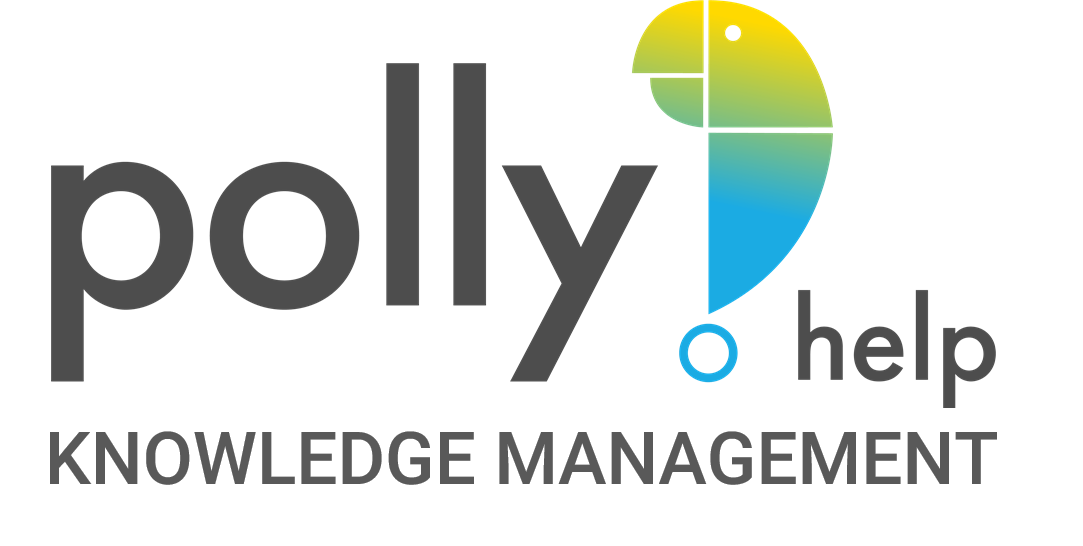The business world’s complexity has increased. The challenges of knowledge management in organizations have grown significantly. For a company to succeed, sharing and keeping knowledge is vital. Yet, in striving to lead, companies might miss the complex aspects of managing knowledge. Leaders should address these challenges directly to ensure knowledge is not just collected but also shared and saved well.
Many companies recognize the importance of keeping knowledge. But, the journey there is filled with obstacles. These range from creating a culture that encourages knowledge sharing to developing flexible systems for easy data flow and access. Firms should tackle these problems with careful planning and strategy. By doing so in advance, they can avoid complications in their knowledge processes.
Key Takeaways
- Understanding the strategic importance of aligning knowledge management with organizational goals.
- Identifying obstacles to effective knowledge sharing and preservation in the firm.
- Underlining the need to update technology for smooth knowledge transfer.
- Highlighting the importance of motivating employees to embrace knowledge systems.
- Pointing out the necessity for straightforward access to company knowledge for saving time and resources.
Embracing the Complexity of Knowledge Management
The intricacies of knowledge management transcend simple data collection; they link strategic aims with how well a company operates. It’s crucial to understand this complexity to nurture an environment focused on learning and sharing knowledge effectively.
The Strategic Importance of Aligning Knowledge with Goals
Knowledge is a powerhouse that drives competitive edge when it’s in line with a company’s aims. Syncing knowledge management with goals ensures all insights contribute to achieving these aims. Aligning knowledge transfer with company goals is a strategic necessity, not just good management.
Choosing the Right Knowledge Management Tools
Today’s fast-paced tech world demands knowledge management tools that are flexible. The best tools automate learning, make sharing information seamless, and keep a company’s knowledge base up-to-date. Picking the right tools means breaking free from outdated processes for faster knowledge access and use.
Encouraging a Culture of Knowledge Sharing
For knowledge management to work, a culture of sharing is essential. This goes beyond setting up systems; it means actively engaging staff and fostering a collective pursuit of knowledge growth. With a concerted effort in sharing knowledge, companies can create a thriving environment where information is not just stored but also freely spread across the organization.
The Pitfalls of Information Overload and Filtering the Noise
In today’s data-drenched world, information overload poses a significant obstacle. It complicates effective decision-making and lowers productivity in organizations. Crucial insights become obscured among massive amounts of data, akin to reading 174 newspapers daily. Mastering this flood requires skilled knowledge dissemination and removing irrelevant details.
Combatting Cognitive Overwhelm in the Digital Era
The digital age introduced cognitive overload, significantly affecting our ability to process and analyze data. As knowledge sharing becomes essential in organizational culture, the precision of shared and consumed information grows in importance. It’s crucial for teams to efficiently manage knowledge, ensuring they avoid data saturation’s counterproductive effects.
AI and Data Analytics as a Solution for Precision
To tackle information excess, AI and data analytics stand out as key solutions. They offer advanced search features that filter through large data sets for crucial information. AI tools systematically organize data, improving knowledge retention and sharing. This enhances decision-making across all organizational levels.
The use of advanced analytics and smart algorithms lets companies fine-tune their focus on essential information. Such strategic use of technology cuts down on inefficiencies. It also fosters a more informed workforce, adept at navigating the continual information surge.
Mitigating Obsolete Technology in Knowledge Systems
To maintain a competitive edge and operational efficiency, tackling obsolete technology in knowledge systems is crucial. A strategic revamp is essential for smooth knowledge sharing and use. This approach facilitates seamless integration of new methods, ensuring a future-proof foundation.
The Cost of Using Outdated Knowledge Repositories
Organizations stuck with old systems face fragmented and inconsistent knowledge bases. Such scenarios hinder easy access and complicate knowledge management. The impact stretches far, affecting innovation and market responsiveness. Hence, the importance of current technology in staying competitive cannot be overstated.
- Inefficiency in data retrieval leading to lost productivity
- Increased risk of data security breaches due to outdated protection mechanisms
- Higher operational costs associated with maintaining legacy systems
- Difficulties in collaboration due to incompatible systems
Transitioning to Modern, Agile Knowledge Management Platforms
Moving to modern knowledge management platforms can significantly change the game. These platforms are built to simplify the collection and sharing of knowledge. With them, information becomes more accessible, allowing for quick and effective insight extraction.
| Features | Benefits |
|---|---|
| Cloud-based storage | Enhanced accessibility and collaboration |
| Intuitive search functionalities | Quicker retrieval of relevant data |
| Automated data backups | Improved data integrity and security |
| Scalable infrastructure | Flexibility to grow with the organization’s needs |
| Integration capabilities | Seamless connection with other business systems |
Upgrading knowledge systems requires an initial outlay, but the benefits like enhanced efficiency and data security far outweigh these costs. This shift not only secures knowledge repositories but also elevates them, boosting operational effectiveness and securing a competitive lead.
Overcoming Employee Motivation and Knowledge Hoarding
The progress of any organization relies on managing its knowledge effectively. At the heart of this issue lies employee motivation. A motivated team is more likely to exchange ideas, enriching the organization’s collective knowledge.
To encourage active participation, employees must recognize both personal and professional gains. Implementing strategies that enhance motivation and curb knowledge hoarding is essential. The measures below can address these challenges effectively:
- Setting clear objectives: Understanding their contributions to company goals motivates employees to share knowledge.
- Recognizing contributions: Reward systems for knowledge sharing encourage continued involvement.
- Simplifying the process: An efficient knowledge management system makes it easier for employees to exchange and access information.
- Facilitating continuous learning: Professional development opportunities inspire employees to acquire and distribute new knowledge.
Achieving a balance between employee motivation and knowledge retention is tough but necessary. When these elements align, they foster an environment conducive to knowledge transfer. This marks the essence of an innovative, enduring organization.
Facilitating Ease of Access to Organizational Knowledge
Ease of access sits at the heart of a vibrant knowledge management system. It enables effective knowledge dissemination across an organization. By simply clicking a button, employees can explore a wide array of knowledge designed to meet their needs. This ease of access encourages them to use the system more and contribute to a growing repository of organizational insight.
Creating such a system goes beyond mere physical access. It also involves making sure the knowledge is relevant and timely. A system that leads to outdated or incorrect information is counterproductive. Constant updates and an intuitive navigation system are crucial for its success.
Consider the common informational queries within an organization to understand the need for such a system. Here’s how enhanced search capabilities can transform knowledge retrieval:
| Query Type | Without Ease of Access Features | With Improved Search Capabilities |
|---|---|---|
| Policy Documents | Time-consuming manual searches through multiple platforms | Instantaneous retrieval of the most recent policy documentation |
| Project Histories | Inconsistencies and gaps in the project data available | A coherent timeline of the project with cross-referenced resources |
| Expert Contacts | Outdated directories and contact lists | Real-time directories with options to connect directly via integrated platforms |
| Training Materials | Generic, one-size-fits-all resources that may not target specific roles | Customized learning modules matching employee roles and learning pathways |
Investing in a system with strong ease of access features is crucial. It simplifies the search process, making sure relevant and updated information is easily found. This not only improves organizational efficiency but also shows employees their time and input are valued. Such an investment fosters a culture of organizational learning. It makes the organization more agile, knowledgeable, and ready for future challenges.
Knowledge Silos and Inter-Departmental Communication Barriers
In modern organizations, knowledge silos significantly hamper synergistic workplace dynamics. These silos reflect serious inter-departmental communication issues. They hinder the free flow of information, keeping insights within only one department, team, or person. This is detrimental to an organization’s agility and innovation. To overcome this, many companies are adopting knowledge mapping techniques to bridge these divides.
Breaking Down Silos with Collaborative Platforms
Collaborative platforms prevent knowledge from being stuck in isolation. These digital spaces enable a meeting point for expertise, data, and creative ideas from across the organization. They foster open dialogues and connect varied information strands. This approach effectively counters the limiting effects of silos. It weaves a network of shared insights, essential for every successful project.
Reward Systems to Encourage Cross-Functional Knowledge Transfer
Yet, just technology can’t tear down the psychological and cultural barriers to knowledge sharing. Introducing reward systems plays a crucial role in promoting cross-functional knowledge transfer. Acknowledging employee contributions to collective knowledge makes sharing a core organizational value. Rewards vary from professional growth opportunities and recognition to financial rewards. Each motivates widespread knowledge distribution throughout the company.
Challenges of Knowledge Management in Organizations
In organizations, managing knowledge involves navigating complex challenges that can hinder the effective use of information. Ensuring information integrity and consistency is crucial, not just an ideal goal. It’s fundamental for driving operational efficiency and making informed decisions. By addressing issues of redundancy and enhancing knowledge governance, companies can transform challenges into opportunities for success.
Ensuring Consistency and Avoiding Redundancy Across Information Channels
To prevent duplicate efforts and scattered data, maintaining consistency across platforms is essential. Uniformity in data presentation allows for seamless interpretation and utilization of information by all departments. An organizational style guide can act as a guiding light. It ensures a unified approach to managing corporate information, keeping the narrative clear and consistent.
Instilling Governance to Uphold Information Integrity
Effective knowledge governance is key to preserving information’s value and integrity. By implementing strong data governance policies, organizations ensure their knowledge remains accurate, relevant, and protected. Such governance provides a safeguard. It prevents the degradation of an organization’s most valuable asset: knowledge.
- Implementing governance policies to enhance data quality
- Adopting consistent terminology to avoid confusion and miscommunication
- Reducing redundant data to streamline knowledge-related processes
- Reinforcing the importance of data integrity in every knowledge transaction
Engaging Leadership and Securing Executive Buy-In
Leadership engagement is crucial for successful knowledge management strategies in organizations. An executive’s support can be a change catalyst, pushing a company forward. It’s not just about getting their approval. It involves ensuring leaders understand the ROI and business impact of effective knowledge management.
Aligning Knowledge Management with Executive Priorities
To engage executives in knowledge management, alignment with their strategic priorities is essential. By linking leadership engagement to clear business outcomes, passive support can become active sponsorship. Executives tend to back projects with visible benefits like better operational efficiency, less information redundancy, and increased market responsiveness.
Demonstrating ROI and Business Impact to Leadership
Showing the business impact of a strong knowledge management system is key to gaining executive support. Leaders want proof of the investment’s return and how it promotes competitive advantage and growth. Providing metrics that highlight ROI—like time savings, enhanced collaboration, and lower training costs—proves the link between effective knowledge management and business success.
| Executive Concern | Knowledge Management Solution | Expected ROI |
|---|---|---|
| Information Accessibility | Centralized knowledge repository | Reduction in time spent searching for information |
| Innovation Blockages | Cross-functional collaboration tools | Increased innovation due to diverse knowledge sharing |
| Decision-Making Efficiency | Data analytics for actionable insights | Faster and more informed decision-making processes |
| Risk Management | Documented best practices and lessons learned | Minimized repeat errors and associated costs |
| Employee Productivity | Streamlined onboarding and training | Decreased ramp-up time for new employees |
Thus, engaging leadership is not just about approval. It’s about demonstrating how knowledge management contributes to a tangible ROI and substantial business impact.
Scaling Knowledge Management with Organizational Growth
An effective knowledge management strategy involves more than just collecting and storing information. It ensures timely development and scalability of systems. This adaptability is crucial as business landscapes shift with organizational growth. A proactive approach allows companies to swiftly adjust to market changes. It also makes integrating new employees and processes easier, without losing information quality or access.
To stay ahead, companies must implement scalable frameworks from the start. This means preparing for future changes and growth, not just reacting to them. It’s about consistently updating knowledge management practices. This keeps them efficient, relevant, and in line with the organization’s growth.
For success, companies need knowledge management platforms designed for scalability. These platforms support current operations and allow for future growth. They offer flexibility for integrating new technology, can manage more data, and enhance teamwork across departments.
- Integration of New Tools: Ensuring that systems can easily accommodate the latest technologies and process updates.
- Data Volume Management: Systems should have the ability to handle large and growing amounts of data without a decline in performance.
- Cross-Departmental Expansion: A knowledge management system must promote sharing and collaboration across various departments as the organization grows.
- Long-term ROI: Investment in scalable options translates to sustained benefits and returns on investment, aligning with broader business expansion objectives.
Scaling knowledge management strategies with organizational growth depends on the system’s foundational design. A flexible, adaptive setup is essential. It ensures a seamless flow of information. This places the organization well in a constantly changing market.
Conclusion
In today’s business arena, addressing the challenges of knowledge management in organizations is crucial. It’s not just an admin task but the core of competitive success. Effective knowledge sharing is key to building a resilient, agile culture. With it, companies can retain valuable insights, reduce risks, and achieve sustainable growth.
The digital age has heightened the need to excel in managing information. Our discussions highlight how an infrastructure for knowledge sharing fosters collective intelligence. This infrastructure must evolve with technological advances and human innovation. Achieving harmony between technology and worker engagement can significantly improve decision-making and creativity.
Knowledge stewardship is as vital for executives as it is for the community within an organization. Leaders must back initiatives for managing knowledge, pushing for flexible systems that grow with the company. This ensures continuous sharing of crucial knowledge. Overcoming the challenges of knowledge management in organizations is key to dodging productivity blocks, boosting team decision-making, and maintaining market position through expertise and efficiency.






